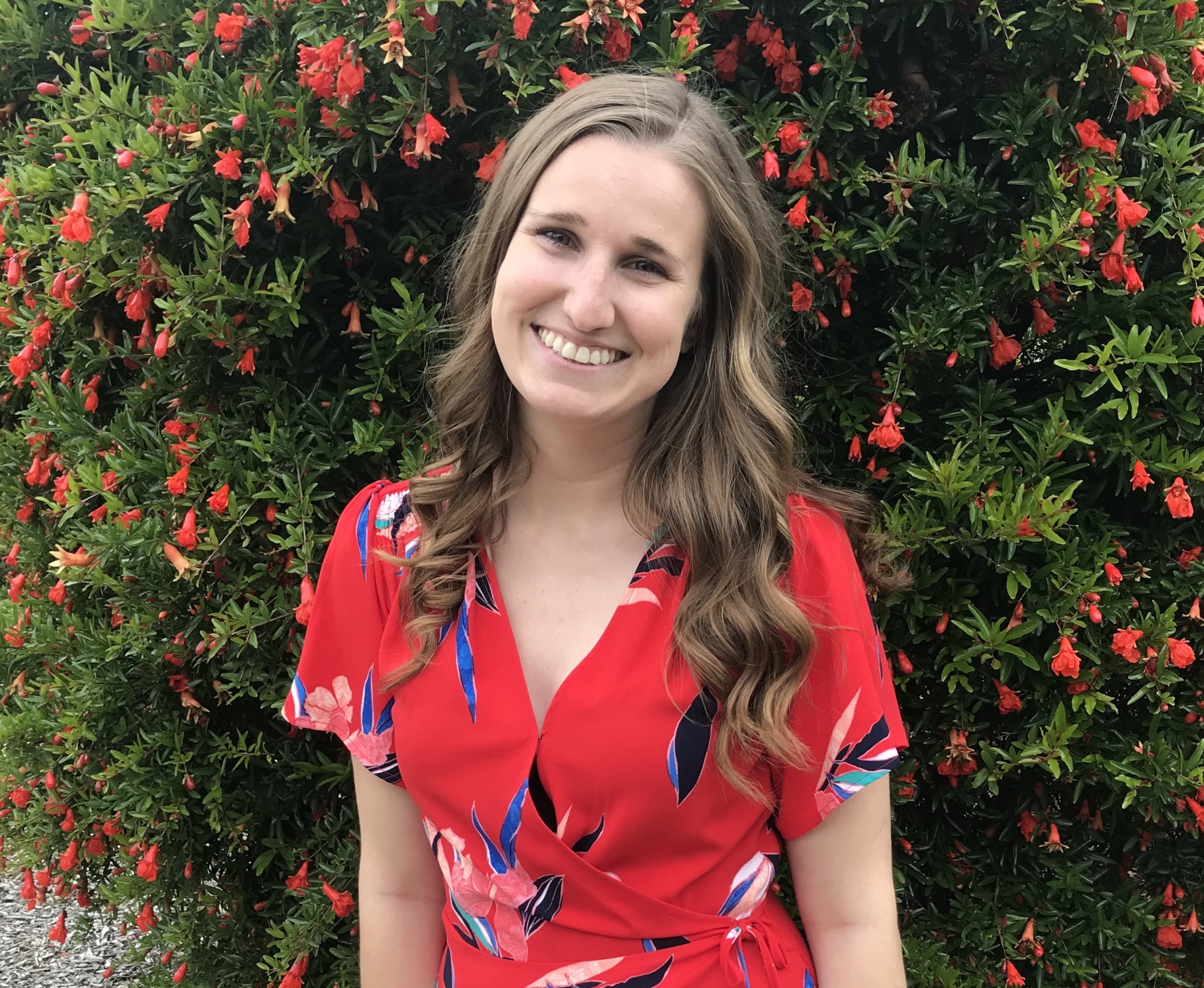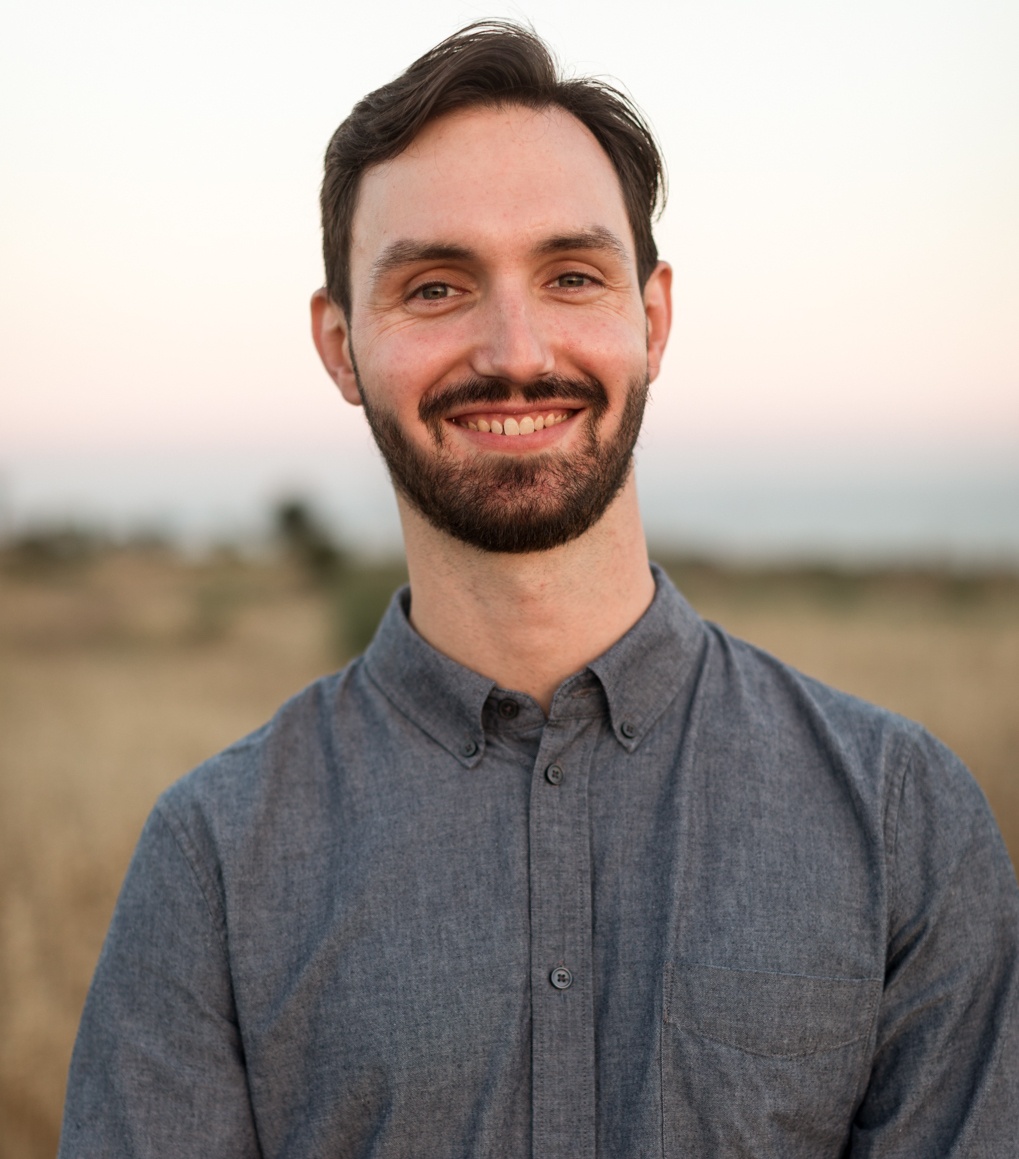School Psychology Students Shine at Area School Sites
Katherine Lacy and Tommy Nunan, both graduate students in the College of Education’s School Psychology master’s program, work as part of their graduate program to assess and support students at area schools. Spending anywhere from a semester to a full academic year in their school site, Lacy and Nunan are examples of the deep commitment College of Education students have with their school site and the students they serve and support through their work.

Working at several school sites over the academic year, Lacy provided evidence-based math interventions to at-risk students and mentored student experiencing academic challenges. She also worked closely with her supervisor to conduct psychoeducational assessments for culturally and linguistically diverse students. And additionally, collaborated with general education and special education teachers, speech language pathologists, and counselors.

For the past academic year, Nunan worked with the Long Beach Unified School District’s Adult Community Transition (ACT) program housed at CSULB. He will continue to work with the same group of students again in the coming academic year. Nunan’s work allowed him to administer a series of self-determination assessments, which were used to understand students’ levels of self-realization, empowerment, autonomy, and self-regulation. These assessments informed a series of lessons directed in response to the students’ needs.
As future school psychologists, having strong academic and clinical preparation is vital to successfully supporting students at a school site. Crediting their graduate program for this foundation, Lacy said, “The coursework has provided me with foundational knowledge, including the knowledge of evidence-based practices to implement within the school setting. Through my coursework, I have learned about the legal and ethical issues involved in my practice as a school psychologist and have learned to provide services that are multiculturally competent.” Additionally sharing, “…the courses in our program provide multiple opportunities to practice what we learn in various clinics at the Community Clinic for Counseling and Educational Services. Some of the clinics I have been fortunate to participate in include Psychoeducational Assessment, Youth Counseling, Academic Interventions, and Early Childhood Assessment. These clinics provided me with the opportunity to practice the skills I learned in my coursework with families in the community. Supervision by professors and collaboration with peers during these clinics has allowed me to tailor my services to best support the families I served. These experiences prepared me well for my work in schools!”





